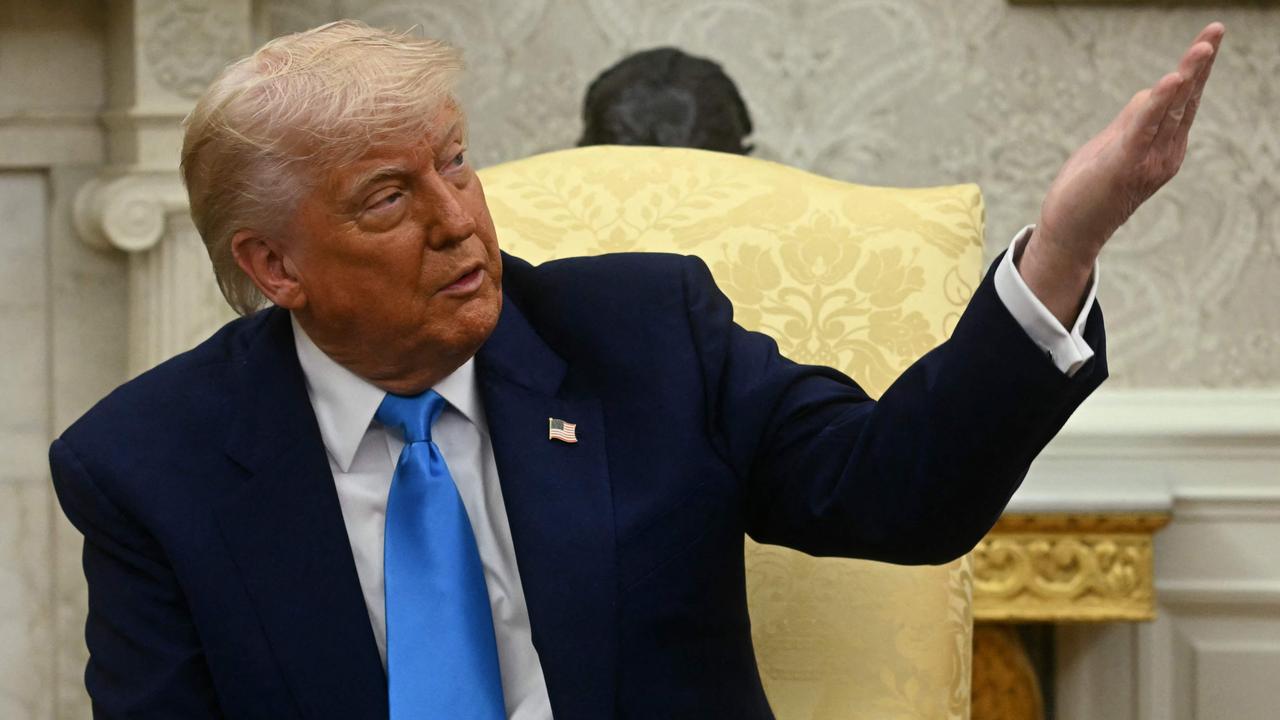
When assessing those promises you should keep in mind that the erosion of liberty is sometimes dressed up in beguiling terms.
Danger arises when those promises are implemented in ways that disregard the principles underpinning the rule of law. And that is exactly what has been happening here and elsewhere.
The latest survey by the World Justice Project shows that rule of law principles are in trouble – globally and within Australia.
The WJP’s leadership council includes Beverley McLachlan, a former chief justice of Canada; Judy Martinez, a former president of the American Bar Association; and Sir Jeffrey Jowell, who was the founding director of London’s Bingham Centre for the Rule of Law.
The WJP’s latest Rule of Law Index, which was published in October, shows the rule of law declined for the seventh year in a row in most of the countries surveyed.
The decline in Australia was less than 1 per cent, much lower than in most other countries. But some worrying signs are hidden within the overall assessment of this country’s performance.
That assessment is based on eight factors and in five of them, Australia’s performance went backwards last year.
The deterioration in each of these areas was slight, but they point to a worrying trend that should be kept in mind when considering the performance of our governments – state and federal.
According to the WJP, last year saw a reduction in constraints on government power in Australia as well as deterioration in order and security, regulatory enforcement, civil justice and criminal justice.
The only improvements were in the absence of corruption, open government and fundamental rights.
Australia’s deteriorating performance is not a short-term aberration. Our performance on every one of those factors has declined from peaks between five and nine years ago.
This coincides with the global rise of authoritarian rule that has been identified by the WJP.
“Since 2016, a global rule of law recession has affected 77 per cent of countries studied, including Australia,” according to the WJP.
This country’s overall performance on the rule of law is still stronger than all but 10 of the 142 countries covered by the latest report, but the trend over the past few years is clear.
The rule of law is in trouble. And our governments are to blame.
The long-term decline in all of the factors measured by the WJP suggests Australia’s lawmakers have a faltering commitment to the principles that underpin the rule of law. That needs to change.
Those principles, which temper the power of the state, are a bulwark against arbitrary rule – if they are respected by those we elect to parliament.
In a healthy society, these principles are above party politics and help lawmakers enact policies in ways that preserve the concept of freedom under the law.
They include equal treatment before the law, the separation of powers, the requirement that the law be clear and capable of being known in advance, that punishments can only be imposed in line with the law and, most importantly, the requirement that we are all presumed innocent until the state proves otherwise.
Yet anyone who was witnessed some of the decisions of Australia’s governments could hardly be surprised by the WJP’s findings.
Any government committed to equal treatment before the law would have acted with alacrity to ensure the Jewish community – like all other Australians – enjoyed equal protection from threats of violence. Put that down as a fail.
Now consider how far the federal government has departed from the principle that laws be clear and capable of being known in advance.
Witness this year’s vague – and failed – proposal for government officials to punish the online dissemination of anything they deem to be “misinformation” or “disinformation”.
Nor is there any sign of legal certainty in the federal government’s use of statutory provisions known as “Henry VIII clauses” which allow ministers to unilaterally change acts of parliament after they come into force so the words might no longer mean what they say. Federal parliament waved through one of these clauses last month when it approved schedule 12 of the Anti-Money Laundering and Counter-Terrorism Amendment Act.
It says the minister is free to modify that act or any other act or instrument for four years.
On November 11, the bills digest produced by the parliamentary library examined this bill and warned that Henry VIII clauses “should be used in very limited circumstances”.
As the name suggests, they date back to 1539 and the domination of the English parliament by a tyrannical king. That’s a shameful heritage that has no place in a modern democracy.
When it comes to departures from principle, it’s hard to beat NSW. Consider how that state has ignored the requirement that penalties should only be imposed for breaches of the law.
The former Coalition government ignored that when it stripped NuCoal Resources of an exploration licence after it had paid $90m for the licence and spent $40m on exploration and development. NuCoal has never been accused of wrongdoing, nor compensated.
Instead of fixing this, the current Labor administration of Chris Minns has averted its eyes from one of the Coalition’s biggest blunders.
It’s time to judge politicians not on their virtue signalling, but their commitment to the principles of the rule of law.
Chris Merritt is vice-president of the Rule of Law Institute of Australia.







In the months ahead, we can expect to be deluged with all sorts of promises from politicians about the laws they intend to enact after the coming federal election.